Looking Back on Club Penguin: One of the Best of the Non-Combat MMO Subgenre
Most of the MMOBomb staff was outside the age range of, or too busy to really delve into, Club Penguin to give it an unbiased opinion. I, on the other hand, was around 11 when I first tried Club Penguin back when it first released. I quite enjoyed the game, and although it is a common target for memes, this game legitimately was an extremely well made MMO for its target market. While most games of the genre tried to pull as large of an audience as possible, Club Penguin specifically targeted a younger audience, opting to not have combat, providing a safer environment for youth whose parents might not agree with swords clashing. This created a world full of mini-games, ranging from ice fishing (my favorite) to competitive downhill sled races with other players. The world was small but cozy, and Club Penguin can be considered the godfather of many common practices that Free MMOs use today. As odd as it sounds, Club Penguin was an extremely important part of the development of MMOs as a genre and it is fitting that it generated the massive success it well deserved.
Getting into the meat of why Club Penguin was successful can easily be found by just looking at its classification. Club Penguin is a Non-Combat MMORPG and it wasn’t trying to be anything more than that its whole life cycle. Some of my bias will come out here, as I feel that niche MMORPGs are the future, but just look at Club Penguin. It was specifically a social non-combat MMORPG with freaking penguins as the main characters, and it consistently was a powerhouse (as far as revenue and active player-base) for at least 10 years straight. Club Penguin knew their niche player-base, therefore they could use more of their resources to please the majority of their players, rather than always having one group feeling left out during patches. This is a strength of niche games, and I stand by my theory that the successful MMOs of the future will not be giant themeparks, but niche titles dedicated to their player-base, such as Club Penguin.
The largest contribution to MMO practices that Club Penguin can hold to their name is their early adoption of the prepaid card for in game transactions. This was a necessary decision for Club Penguin being that they needed to be able to get parents, who aren’t apt to put their credit card online, to buy subscriptions for their children. This created the middleman service of the prepaid card. Although prepaid cards existed, their use wasn’t as huge in the MMO genre until Club Penguin, Jagex, and eventually Nexon started to introduce prepaid cards. This has become a large success for companies that attempt to target younger audiences and it was arguably one of the pillars of Club Penguin's monetization model.
The legacy of Club Penguin may be a mixed bag of jokes, such as the “Banned From Club Penguin” subreddit, but this game humbly existed as a backbone for not only introducing industrywide practices, but also introducing younger audiences into the concept of MMOs completely. I for one, will be excited to see another niche MMORPG aimed at a younger audience pop up in its wake. Here’s to hoping for the success of Club Penguin’s move to mobile, you will be missed by many!
Author's Note:
As for the reason behind the downturn and eventual shutdown of Club Penguin’s PC platform, I am leaning toward the growth of Minecraft as well as the movement away from PC based time sink games over to Mobile based time-sink games. I would love to hear what your thoughts are on Club Penguin’s legacy, as well as the reason for the downturn in the comments!
Related Articles
Read Next
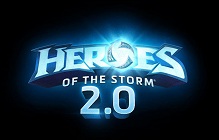
Having played Blizzard’s flagship free-to-play MOBA, Heroes of the Storm, off and on since early alpha, I can attest to how far the game has come.
You May Enjoy

The patch will include improvements to the new player experience.

No, this doesn't mark an "official" launch.

It can be an elaborate castle or a quaint tavern, so long as it fits the theme.
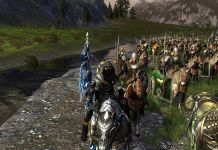
It's one per account, so make sure to claim them on the character you want to own the goodies.
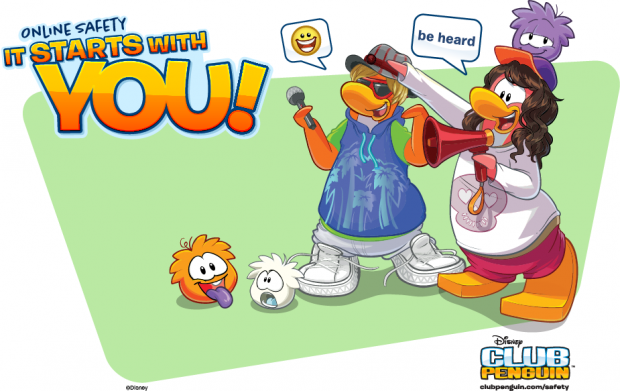
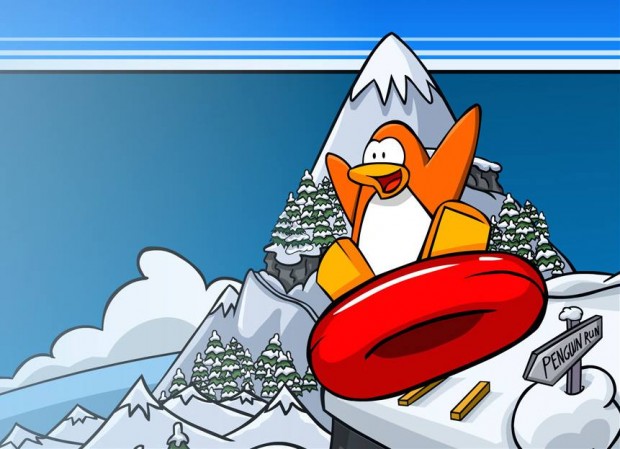
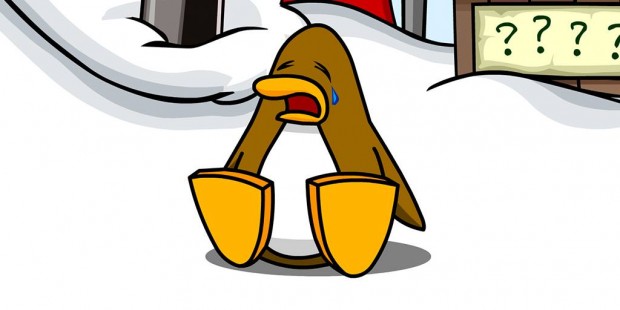
Discussion (4)